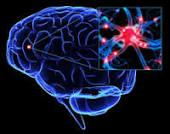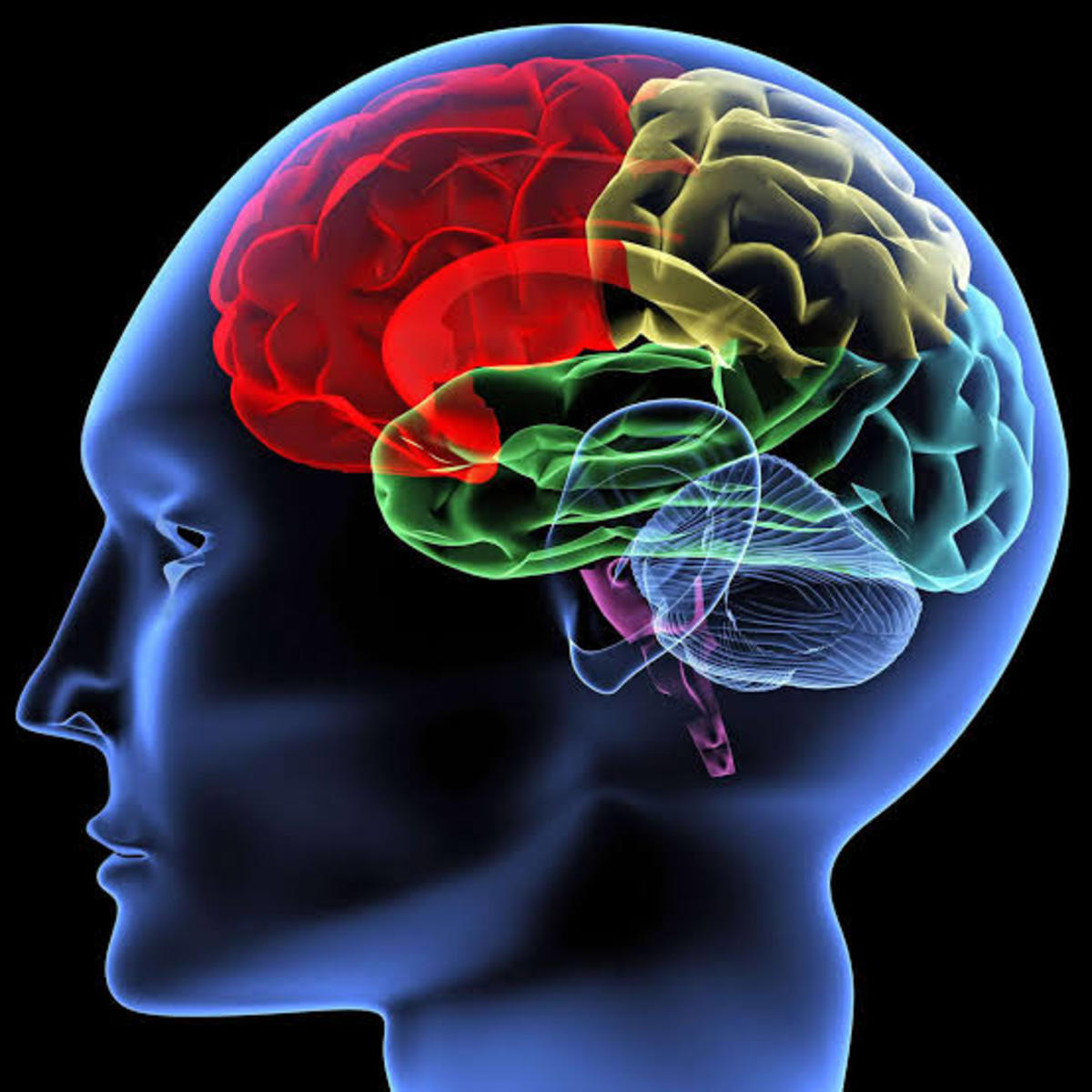Dementia Care and Community Resources
What Is Dementia?
Dementia is a syndrome in which there is deterioration in memory, thinking, behavior and the ability to perform everyday activities. There are approximately 35.6 million people worldwide who suffer from dementia and approximately 7.7 million new cases each year. Dementia affects different people in different ways. This can differentiate by the impact and severity of the disease on each individual. This can also differentiate based on the temper and personality of the person prior to the onset of the disease.
There are several different causes of dementia. The leading cause of dementia is Alzheimer’s disease. Alzheimer’s disease contributes to 60%-70% of all dementia cases. Parkinson’s and Huntington’s disease can also cause dementia, as it causes loss of nerve cells in the brain. Excessive alcohol or drug use, AIDS or infections that affect the brain and spinal cord, a stroke or disease that affects the blood vessels, nutrition deficiencies, and head injuries can all contribute to dementia. About 20% of dementia cases are treatable. There are as many as 50 other known causes of dementia in addition to Alzheimer’s disease.
Dementia and The Brain

The Stages Of Dementia
There are stages of dementia that progress from early stages with early symptoms to middle stages and then to the late stage. During the early stage the person may easily forget things, loose track of the time, and become lost in places that are familiar to them. During the early stage family, friends, or caregivers may not think that these are signs of dementia. They may consider it as, simply, a part of aging. The middle stage can be more noticeable for those around the person. During this stage they may forget peoples names, become confused and lost at their own home, repeated questioning due to confusion, and they may start to need additional help with personal care. During the third stage the person may have difficulty with all aspects of daily living such as walking, becoming unaware of time and place completely, difficulty remembering family and others close to them, need assistance with all personal care. During this stage they may also experience behavior changes and become agitated, showing signs of aggression. It is important to remember that the signs and symptoms may vary greatly depending on the individual and the progression of the disease.
People with dementia often become confused, afraid, and depressed. As the dementia progresses it may cause the person to loose abilities such as providing their own personal care, understanding simple concepts, speaking, eating, etc. It is important for those caring for the person with dementia to understand the disease process and their options. The person may experience many emotions because they no longer fully understand what is happening. They may become physically aggressive or verbalize their aggression. The persons home should stay free of clutter to eliminate as much confusion as possible. It is also important to remove safety hazards such as lighters, unplugging stoves and removing unsafe equipment to protect the person’s safety. It is always important for the caregiver to remember that the person suffering from dementia no longer understands simple concepts and may not understand how to complete simple activities of everyday living. Caregivers should help the person stay active as long as possible with exercise and maintaining good eating habits. It is also extremely important that families and caregivers be kind, comforting, patient and caring.
Your First Step
What is the first step when you believe you or your loved one may be suffering from Dementia?
Who Does Dementia Affect?
Dementia affects the individual, their family and their caregivers. The family and caregivers can often become overwhelmed. The frustration of the person being confused, aggressive or fearful can be a great deal for the family to handle. It is always important that the caregiver keep calm and try to stay positive and gentle through these difficult times. They will experience many different emotions and have many questions. It is important for the family and caregivers to seek out sources of support. If the family chooses to keep the person with dementia at home, it is extremely important for the family to take a break. This could be done by several family members caring for the person or using other outside sources such as respite care, adult daycares, or skilled home care services. Dementia doesn’t only affect the person with the disease, but it also affects those around the person.
Community Resources Can Help!
There are several community support options for the person suffering from dementia, their families and their caregivers. Some of these support options include support groups, Assisted Living facilities, long-term care facilities, skilled home care services, adult daycare and respite care services. It is extremely important for families and caregivers to seek out support and to become familiar with the disease, signs and symptoms and to know what they should expect. The changes and progression of dementia can be a very difficult process for those close to the person, as well as the person, to cope with.
1) Senior Living Source is a online source that helps you locate a facility for the person with dementia. They offer information about the facility. Their website can be accessed at http://www.seniorlivingsource.org. (Alzheimer's Living).
2) Alzheimer’s Association offers many support groups as well as information to assist in the process. They offer support groups from families, caregivers, as well as support for persons with Alzheimer’s. They offer a 24/7 help line for support as well. They can be reached by contacting 1-800-272-3900 or they offer many resources on their website at http://www.alz.org/gmc/. (alz).
A look at National community resources for people with Dementia and their caregivers.
Additional Information
There are many resources available to persons with dementia, their families and caregivers. The list above is a small list, but there are several other additional resources. To find local support groups, living arrangements, care options and other dementia resources you can use the list above, call your local senior center, by accessing sources on the internet, or speaking with the person’s healthcare provider. There is support for people with dementia, their families and caregivers and it is important for those needed support to use the available resources.
© 2014 Victoria Baughman








